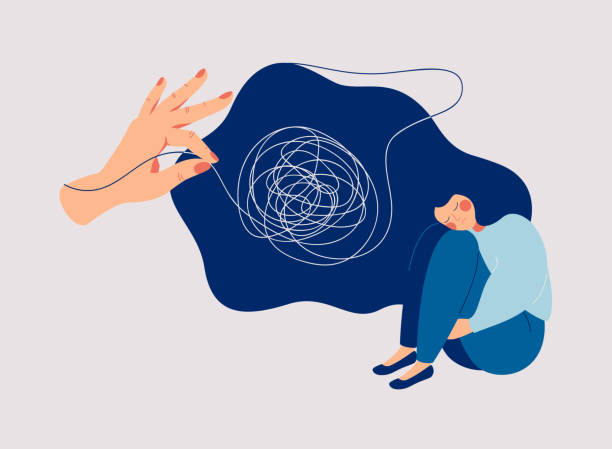Imagine therapy less like a generic meal at a crowded diner and more like a Michelin-starred experience crafted just for you. That’s the promise of personalized therapy programs, the rising stars in the mental health universe. Forget cookie-cutter approaches – these programs tailor treatment to your unique needs, offering a path to healing that’s as individual as your fingerprint.
Why “One-Size-Fits-All” Therapy Falls Short:
Traditional therapy often operates under a “one-size-fits-all” model, relying on standardized approaches that may not resonate with everyone. This can leave many feeling unheard, unseen, and ultimately, underserved. But what if therapy could adapt to your specific challenges, preferences, and cultural background?
Enter Personalized Therapy:
These programs are like bespoke suits for your mental well-being. They leverage various tools and techniques, including:
- In-depth assessments: Therapists delve deeper to understand your individual needs, goals, and strengths.
- Data-driven insights: Technology like mood trackers and brain scans can offer personalized insights into your mental health patterns.
- Tailored interventions: From traditional talk therapy to mindfulness exercises, EMDR, or even art therapy, the program is curated specifically for you.
- Flexible delivery: Teletherapy, in-person sessions, or a combination – you choose the format that best suits your lifestyle.
The Benefits of a Personalized Approach:
- Increased engagement: When therapy feels relevant and tailored to you, you’re more likely to stay motivated and invested in the process.
- Faster progress: By addressing your specific needs directly, you can achieve your goals more efficiently.
- Empowerment: You become an active participant in your own healing journey, fostering a sense of control and self-efficacy.
- Improved outcomes: Research suggests that personalized therapy programs can lead to better and more sustainable results.
Beyond the Individual:
Personalized therapy isn’t just about individual journeys. It has the potential to revolutionize the mental health landscape:
- Reduced stigma: By addressing diverse needs effectively, therapy becomes more accessible and appealing to a wider range of people.
- Data-driven insights: Aggregated data from personalized programs can inform broader mental health research and interventions.
- More equitable care: Tailoring therapy to specific populations can address historical disparities in mental healthcare access.
The Future of Personalized Therapy:
As technology evolves and our understanding of mental health deepens, personalized therapy programs will become even more sophisticated and accessible. Imagine AI-powered tools that suggest personalized interventions, or therapy programs seamlessly integrated into your daily life.
Remember: Personalized therapy is still in its early stages, and finding the right program might require some research. However, the potential to transform mental health is undeniable. So, ditch the one-size-fits-all approach and embrace the exciting possibilities of personalized therapy – a journey towards well-being, crafted uniquely for you.





